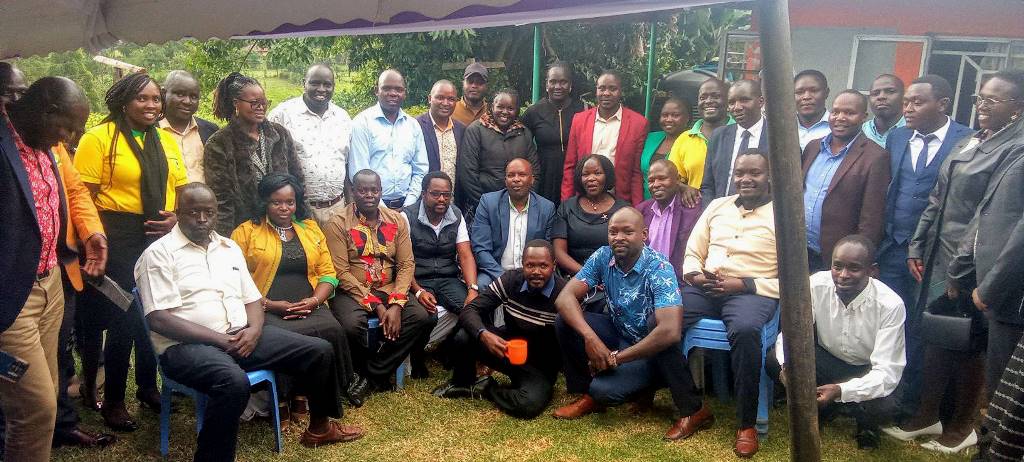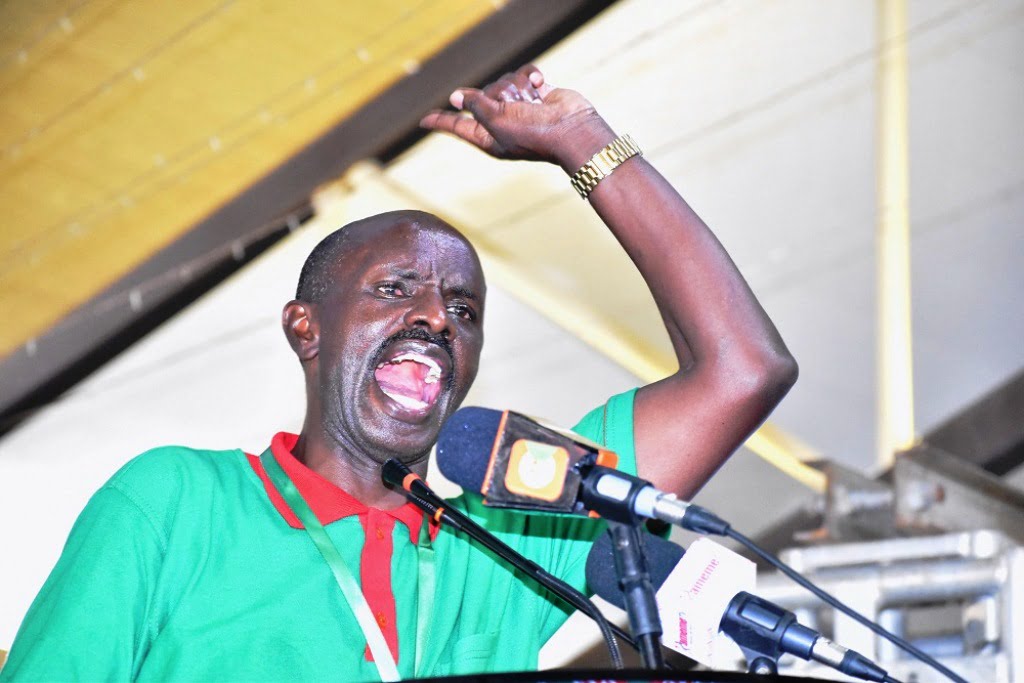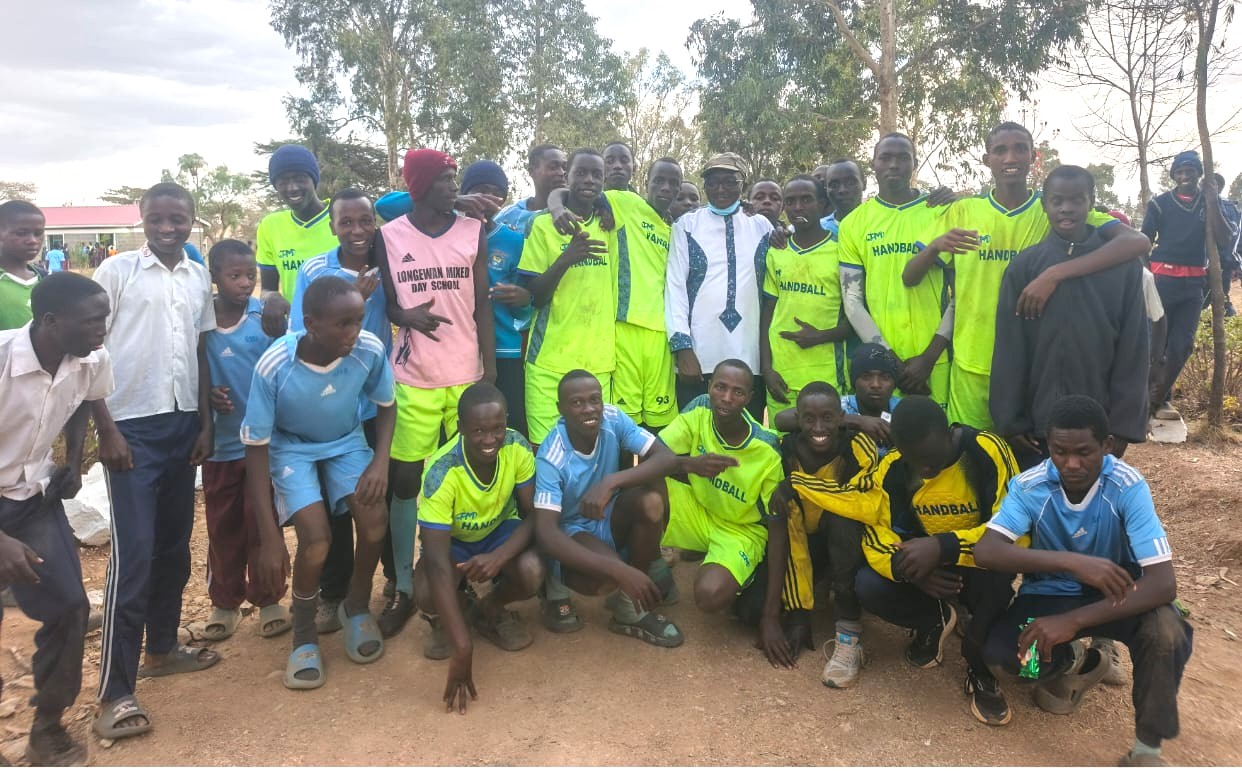The Kenya Union of Post-Primary Education Teachers (KUPPET), Nandi Branch, has petitioned the National Assembly to enact legislation recognising Junior Secondary Schools (JSS) as fully independent institutions.
In the petition addressed to the Clerk of the National Assembly, the teachers’ union argues that the current Comprehensive School Model — which merges pre-primary, primary, and JSS under a single administration — undermines the Competency-Based Curriculum (CBC), blurs accountability, and risks lowering the quality of education.
KUPPET officials point out that JSS deserves its own governance framework.
The statement read, “Junior Secondary is not a continuation of primary school. It is a distinct stage of learning that requires autonomy if we want to safeguard the integrity of the CBC.”
The union points out that JSS teachers are degree holders trained in subject specialisation — a requirement that already places them at the secondary education level.
Subjects such as integrated science, pre-technical studies, ICT, and business studies require specialised instruction and facilities that, they argue, cannot be effectively managed under a primary school set-up.
“Our teachers are trained professionals in their fields. Treating them as primary school staff is both unfair and counterproductive to quality learning.”
Each JSS has already been issued with a unique KEMIS code, further distinguishing them from primary schools. Funding for JSS is also released separately, but without independent structures, concerns have been raised over misallocation and poor accountability.
READ ALSO:
Doris Lemngole’s fifth-place finish at World Championships sparks pride in West Pokot
The union added that JSS learners, aged 12-15, are adolescents who require mentorship, psychosocial support, and discipline structures tailored to their stage of development.
They also need facilities such as laboratories, libraries, and ICT hubs that primary schools are ill-equipped to provide.
“Teenagers at this stage need a different environment from nine-year-olds in primary school. Putting them together under one administration is impractical,” statement added.
KUPPET further highlighted that independent JSS schools would create more leadership positions, ensuring fair promotions and career progression for teachers.
“This petition is not just about structures; it is about dignity for teachers. If JSS stands alone, it opens career opportunities that the current model blocks.”
In their submission, the teachers called on Parliament to legislate JSS as autonomous institutions with independent boards and administrators.
They urged the Teachers Service Commission to appoint specific heads for JSS. They also requested a clear policy framework for JSS teacher career paths, funds to be ring-fenced for JSS, and specialised facilities to be prioritised to meet curriculum demands.
The petition concludes that granting autonomy to Junior Secondary Schools will secure the future of the CBC, strengthen accountability, and improve education outcomes for learners across the country.
By Joseph Mambili
You can also follow our social media pages on Twitter: Education News KE and Facebook: Education News Newspaper for timely updates.
>>> Click here to stay up-to-date with trending regional stories
>>> Click here to read more informed opinions on the country’s education landscape






